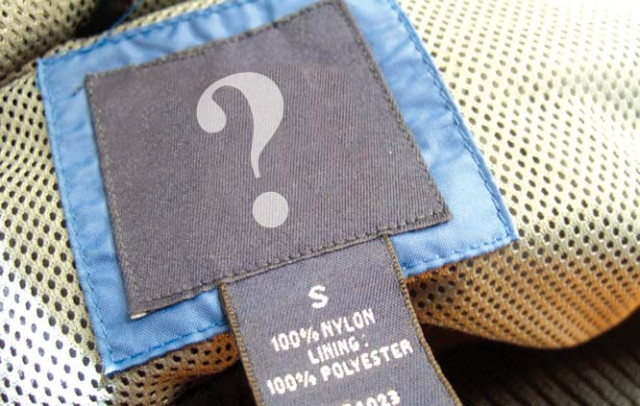The rise of advertising: Admen create brands for Faisalabad’s middle class
Textile exporters begin investing in building brand names for their local products.

The quiet, but rapid, expansion of the middle class in Faisalabad – a city hitherto known as a manufacturing hub – has led to the emergence of a new industry in the city that seeks to profit for the new consumer culture: advertising.
While Karachi remains the media and advertising capital of the country, the push by Faisalabad’s textile industry into branded products for the local market has created the need for a local advertising industry to help companies attract the patronage of consumers in the third largest city in Pakistan.
The business of luring new customers for their clients seems to be a lucrative one, and seems – at least so far – to be immune to the cyclical nature of the manufacturing businesses it serves.
“Despite the economic downturn, the advertising business is booming like anything,” said Nauman Alamgeer, the media and finance manager at Golden Thoughts, an advertising agency. “The city is decorated with huge, expensive billboards to attract consumers.”
The advertising business has certainly seen its slumps, most notably in late 2008, when the global and local financial crises coincided and hit the industry hard: nearly all but the mobile telecommunications companies stopped advertising on most media outlets.
Yet in recent times, clients appear to view advertising and brand building as a necessary investment in diversifying their revenue streams, particularly as previously export-based business switch to launching their domestic product lines. The experience of those who tried to do so without the help of advertising agencies appears to have served as a cautionary tale for others.
“Take a look at the comparison between Sitara Textile and Ihsan Yousaf Textile,” said Rana Rauf, the CEO of Golden Thoughts. “Sitara launched a massive advertising campaign for their Sitara Lawn line of clothing and today their brand is a household name. Around the same time, Ihsan Yousaf introduced Sundas Lawn, which is not known in the market.”
The success of Faisalabad’s advertising consultants can be gauged from the fact that they have been able to get some of their clients – most of whom are textile manufacturers – to spend millions of rupees on advertising campaigns.
Most manufacturing firms had hitherto been shy of investing in non-tangible assets. Yet many have now begun to see the value in building a strong brand for their local customers, even as they continue to compete in the highly commoditised international market for exports.
“Customers have a choice of dozens of brands now. The only way we can distinguish our products is through advertising,” said Muhammad Imran, the finance manager at Firdous Textiles, the firm that lavished millions on an advertising campaign that even utilised the talents of Bollywood actresses as models for their line of lawn.
Others are cognisant of shifts in the structure of the economy, particularly the liberalisation and deregulation process that began in the early 1990s and picked up pace in the early 2000s.
“The increasing liberalisation has led to a diversification of products and the expansion of the consumer market. The middle class now demands new product and services,” said Irtiaz Khan, a manager at Tauseef Enterprises, a textile firm.
Asghar Nizami, the marketing manager of Response Communication, another advertising agency, finds the ability of his industry to satisfy their clients exciting. “This is a victory for the advertising industry when we open up new business avenues,” he said.
Despite the expansion of the Pakistani middle class, and rising purchasing power, however, most advertising executives caution their clients that the Pakistani consumer remains price conscious. While they may be more brand-conscious than ever before, they still demand value, said Irfan Murshad, a director at Express Ads, an advertising agency.(Edited by Farooq Tirmizi)
Published in The Express Tribune, September 26th, 2011.



















COMMENTS
Comments are moderated and generally will be posted if they are on-topic and not abusive.
For more information, please see our Comments FAQ